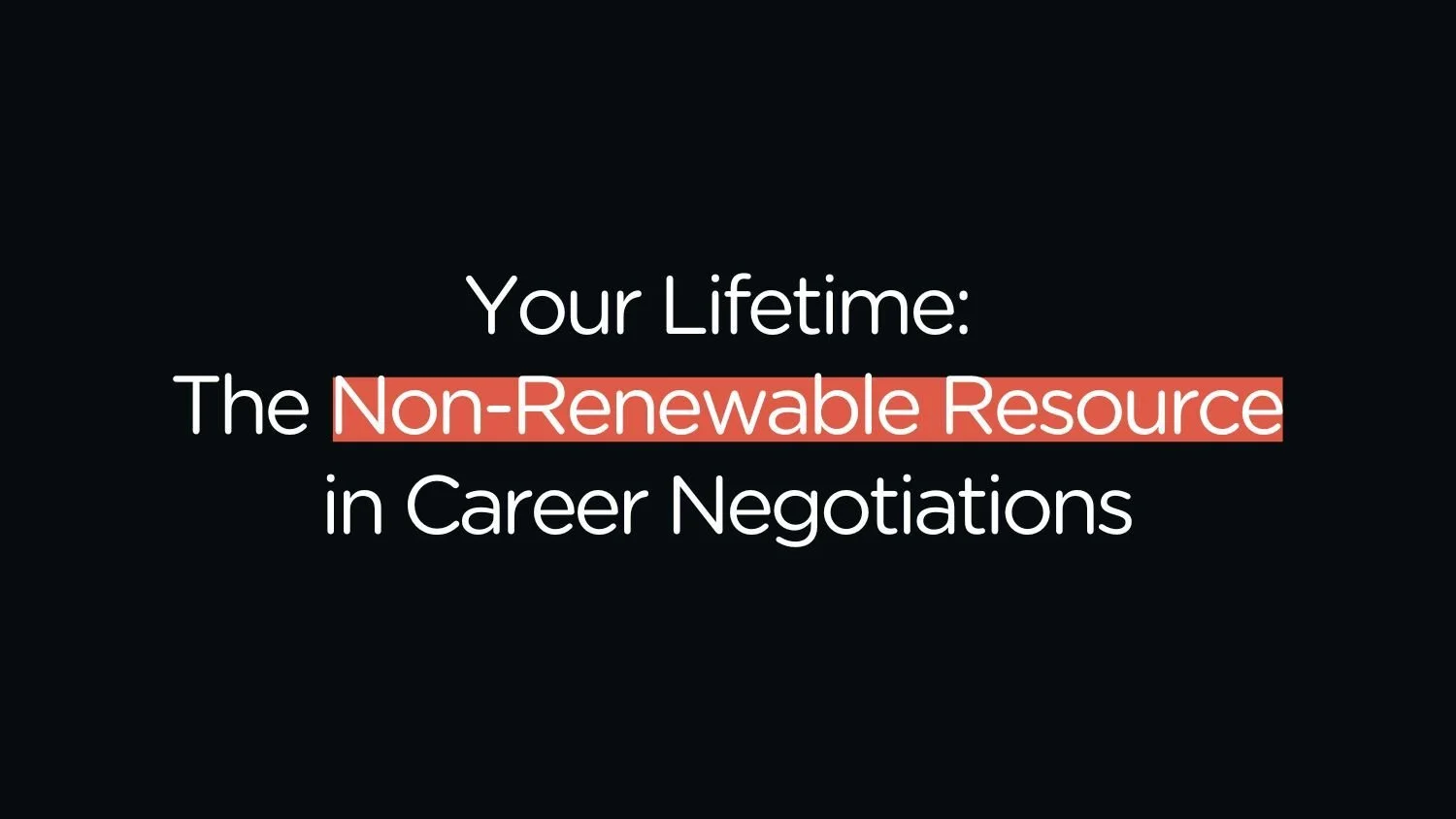It all started with a talk. Back in early 2024, I had committed to giving a talk at Y Oslo. The topic? Managing Up—A Guide for Product People to Understand and Influence Leadership. I wanted to equip product managers and designers with practical strategies to work more effectively with their leadership, ensuring they could get buy-in, navigate decision-making, and ultimately shape their careers.
Read MoreCross-functional teams are the backbone of great product development. When collaboration works, these teams deliver innovation, efficiency, and user value. However, when collaboration breaks down, the team risks slow progress, low morale, or even project failure. As a leader, your role is to assess whether your teams are truly collaborating or just coexisting. You also need to know when and how to step in to support them. Here’s how to evaluate cross-functional collaboration, spot potential issues, and apply "hyper care" when necessary.
Read MoreIf there’s one thing I’ve learned from coaching countless product teams, it’s this: fancy frameworks and flashy buzzwords won’t save you. Successful product organizations are defined by their habits—the day-to-day work they do consistently, not the jargon they throw around in meetings.
Read MoreAs we get to the end of the year, it’s natural for us to want to spend some time reflecting. What went well for us in the past year? What were some areas where we’d like to improve in the future? And while you may naturally spend time doing this for yourself, if you’re a leader, it’s especially important for you to model this type of self-reflection and encourage it on your team.
Read MoreNow that I’ve been blogging regularly for several years, I thought it might be helpful to take a look at my blog’s performance and share the top 20 posts. I’m not doing this just to brag—since I’ve got quite a lot of content, I realize that new readers might be unsure where to dive in. This provides you a handy roadmap you can use to check out the most popular topics (or at least those that get the largest number of page views).
Read MoreIn many of my coaching sessions with product leadership teams, we often touch on the topic of team topologies. This often comes up when there's friction between teams—either they're too small, too large, or just not optimally structured. This friction can lead to inefficiencies and misalignment. Therefore, understanding and applying the principles of team topologies is crucial for any organization aiming to streamline its product development process.
Read MoreOccasionally, people ask me if there are any alternatives to the PMwheel. While I have a strong bias toward the PMwheel (I created it, after all!), I’ve begun to compile a list of other product manager assessment resources that are out there.
Read MoreBeing a good product leader does not mean that you should respond the same way to every situation you encounter. In fact, the sign of a great leader is knowing when to adapt your approach to maximize your team’s long-term development.
Read MoreI recently listened to a podcast episode with Kenneth Berger, and one of his core ideas truly struck a chord with me: uncovering "the dream behind the complaint. Kenneth's insight is a beautiful framing for product leaders. When a direct report comes to you with a complaint, there's often a deeper, unspoken desire behind it.
Read MoreAs product leaders, we shape the standards for our teams. And I think in too many cases, product leaders are not setting high enough standards. Let me explain. I’ve been seeing a trend on social media (LinkedIn, in most cases) where product managers and even product leaders argue that the concepts and frameworks thought leaders (including myself) share and promote are overly ambitious.
Read MoreI recently posed a simple question on LinkedIn: What are your top tips for new product leaders? I was simply blown away by the response this post received. Clearly, there are plenty of people in my network who want to share their experience and learnings with other new leaders. Rather than keep it contained within my LinkedIn feed, I decided I’d gather their advice here so it’s perhaps a bit easier for people to find and share with others. Here’s what they had to say.
Read MoreIs your organization dabbling in new frameworks or methodologies, but you’re unsure about their potential success? You're not alone. Many "trendy" frameworks often turn out to be underwhelming due to one major pitfall: superficial implementation.
Read More“Things need to change.” “The way we’re serving our customers is ineffective.” “Our approach to product management could use some help to achieve state-of-the-art status.” Any of these statements sound familiar?These are sentiments I often encounter from (product) leaders who have attended a workshop, training, or offsite. Whether it was an SVPG workshop, a Swiss Business School Executive Education course, or a networking conversation, some little spark ignited what’s now become a burning desire for transformation.
Read MoreIf we had infinite resources, we would be able to say yes all the time. But sadly, that’s not the world we live in. Things are scarce: time, competent humans able to get a job done (often called “developers”), money for software licenses, cloud storage... you name it. Product management is so much about working within these limitations that it’s only natural that saying no is such a vital part of our job.
Read MoreExciting news in the world of product: Marty Cagan and the SVPG team have just released a new book, TRANSFORMED: Moving to the Product Operating Model. This book is slated to “bridge the gap between where most companies are now and where they need to be” by introducing the concept of the product operating model and sharing detailed case studies of successful transformations and product innovation made possible as the result of product operating model transformation.
Read MoreI recently began working with a new client eager to start a product Community of Practice (CoP). Our initial workshop, a leadership team outcome session, delved into the core question: "Why a CoP? What do we hope to gain and what would be the ideal impact on our company?"
Read MoreAs the year winds down, many of us find ourselves immersed in personal retrospectives (I just published one myself!), reflecting on our current roles, jobs, and the paths we tread. It's a time when questions about career trajectories and the value of our work come to the fore. This moment of introspection often leads to pondering one of the most critical yet overlooked aspects of professional life: the true nature of the trade-off we're making in our jobs.
Read MoreIs your company ready for a Product Operating Model transformation? This article introduces three essential pillars to assess your readiness: pain, urgency, and help. If you're a product leader grappling with misalignment and inefficiencies, this guide offers a practical framework to evaluate whether your organization is prepared for meaningful change.
Read MoreNot too long ago, I posed a question here on my blog and on social media: What exactly do we mean by “product leaders”? I shared how I’ve recently noticed a trend where people seem to use the title “product lead” or “product leader” when describing an individual contributor product manager. The argument seems to be that the title “product manager” doesn’t do a good job of encompassing all of the responsibilities the product person holds.
Read More


















